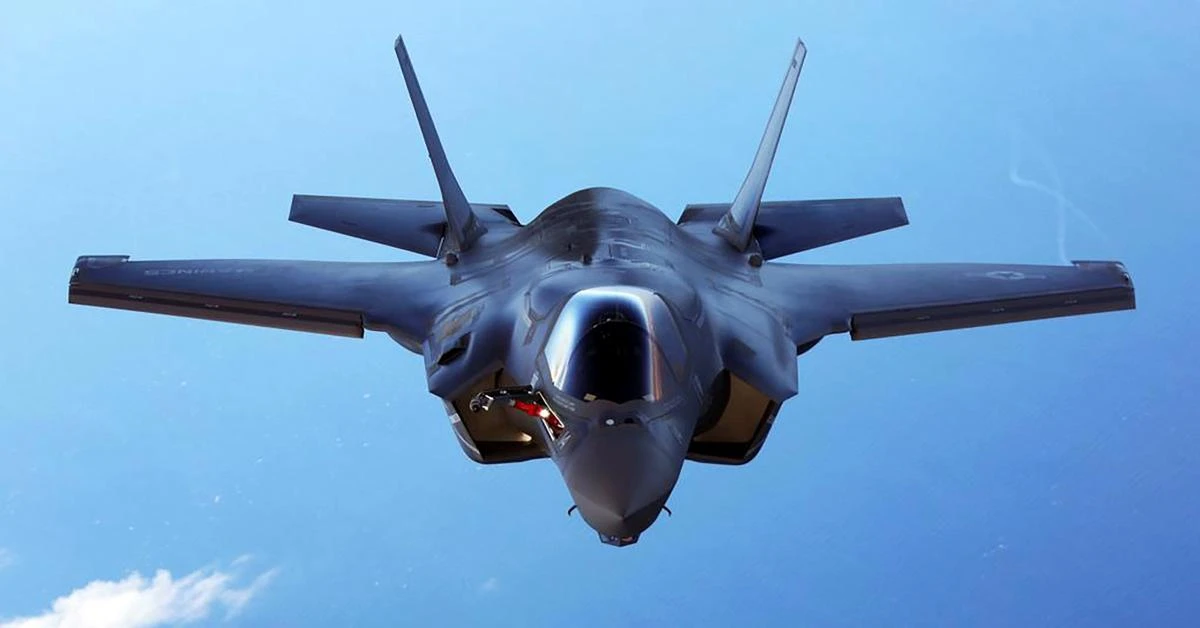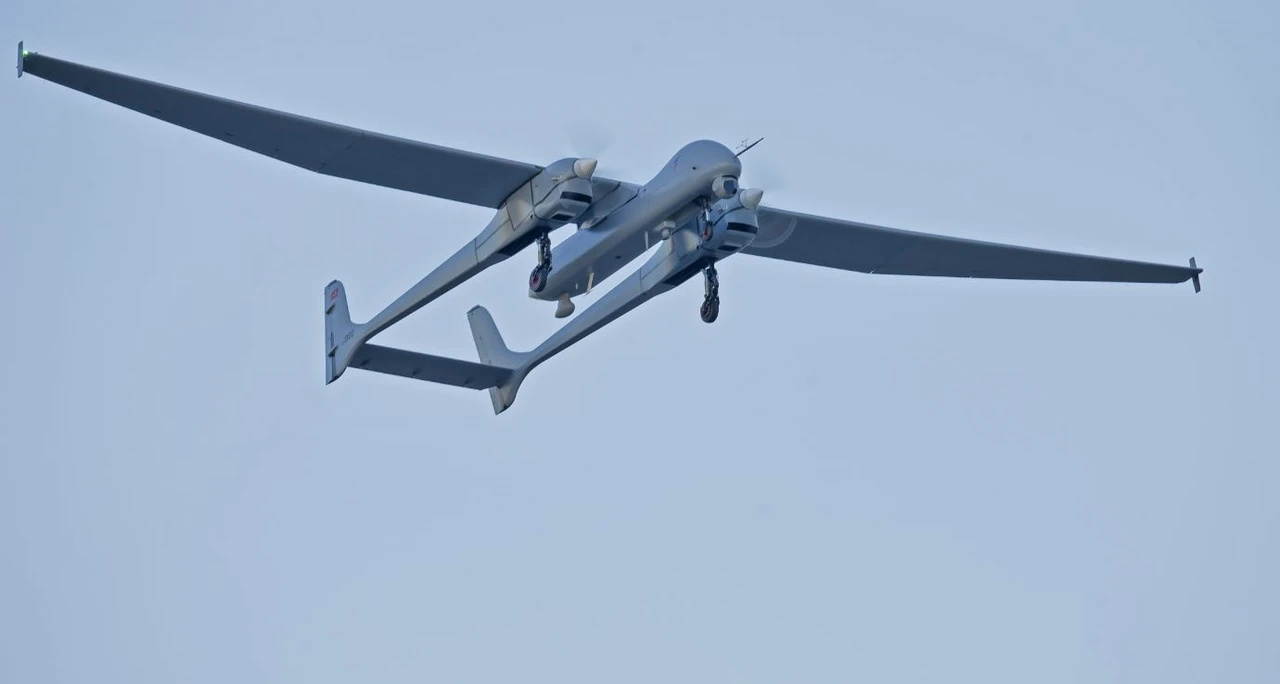Australia, Japan and US engage in trilateral training for F-35

During the Trilateral Defense Ministerial Meeting, the three states announced that they had made significant progress in enhancing operational cooperation and defense readiness
The defense ministers of Japan, Australia, and the U.S. decided to participate in joint training for the F-35 fighter aircraft during the Trilateral Defense Ministerial Meeting in Hawaii on May 2, 2024.
The ministers emphasized the proposals for additional F-35 joint training in 2025 and 2026, representing a significant advancement in enhancing operational cooperation and defense readiness. This involves using facilities in Australia and increasing participation in intricate air and missile defense exercises.
With an emphasis on practical areas of cooperation and initiatives that strengthen the security and stability of the Indo-Pacific region, the ministers reviewed the advancements made since the 2023 Joint Statement. The three countries highlighted the importance of strategic interests aligning and reiterated their commitment to upholding a free and open Indo-Pacific region.
An important milestone was reached in August 2023 with the implementation of the Japan-Australia Reciprocal Access Agreement. This agreement allowed for the first-ever reciprocal deployments of Japan’s F-35A aircraft to Australia and vice versa. By facilitating more efficient defense force deployments throughout mutual territory, this agreement strengthens defense ties and improves interoperability among the three countries.
A trilateral research, Development, Test, and Evaluation Projects Arrangement was signed by the ministers during the meeting, indicating a stronger commitment to technological innovation and collaboration. This arrangement facilitates collaborative efforts among defense organizations from the three countries to pursue advancements in combat aircraft technologies, autonomous systems, and composite aerospace materials that are relevant to operational needs.
The meeting focused on wider regional security concerns, such as expressing disapproval of China’s unilateral actions in the South and East China Seas, as well as expressing concerns regarding North Korea’s nuclear aspirations and missile tests. The ministers expressed strong disapproval of these actions that cause instability and reaffirmed their support for international law and the region’s sovereignty.
Source: Newsroom



